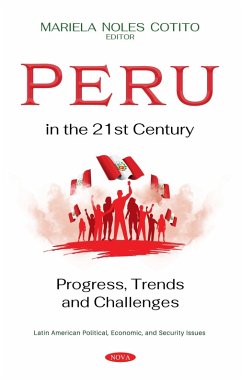Since the founding of the Liberian state in 1847, the country has faced several frontier issues, such as ethnic pluralism and inclusion, the elusive quest for democracy, decentralization, and socio-economic development. Cumulatively, the failure by the various state managers to address these and other major challenges occasioned an enduring civil conflict that imploded into mass insurrection on April 14, 1979, a military coup d'etat on April 12, 1980, and two civil wars from 1989-1997, and 1999-2003, respectively. Significantly, these major conflict events had profound ramifications, including the deaths of thousands of people, massive internal displacement, refugee crises, the destruction of the already underdeveloped physical infrastructure and the productive sectors of the economy, and the collapse of governance. Against this background, this book explores some of these frontier issues-the travails of the peripheral state, ethnic pluralism and inclusion, the quest for democracy, decentralization and governance, the monocrop economy and its resulting implications for the crises of underdevelopment, public health, security sector reform, and post-conflict reconstruction-that have and continue to face Liberia in the twenty-first century. This book then makes policy-relevant recommendations for addressing these challenges, as the country strives to address its seemingly unending cycle of "e;missed opportunities"e; and "e;false starts."e;
Dieser Download kann aus rechtlichen Gründen nur mit Rechnungsadresse in A, B, BG, CY, CZ, D, DK, EW, E, FIN, F, GR, HR, H, IRL, I, LT, L, LR, M, NL, PL, P, R, S, SLO, SK ausgeliefert werden.









